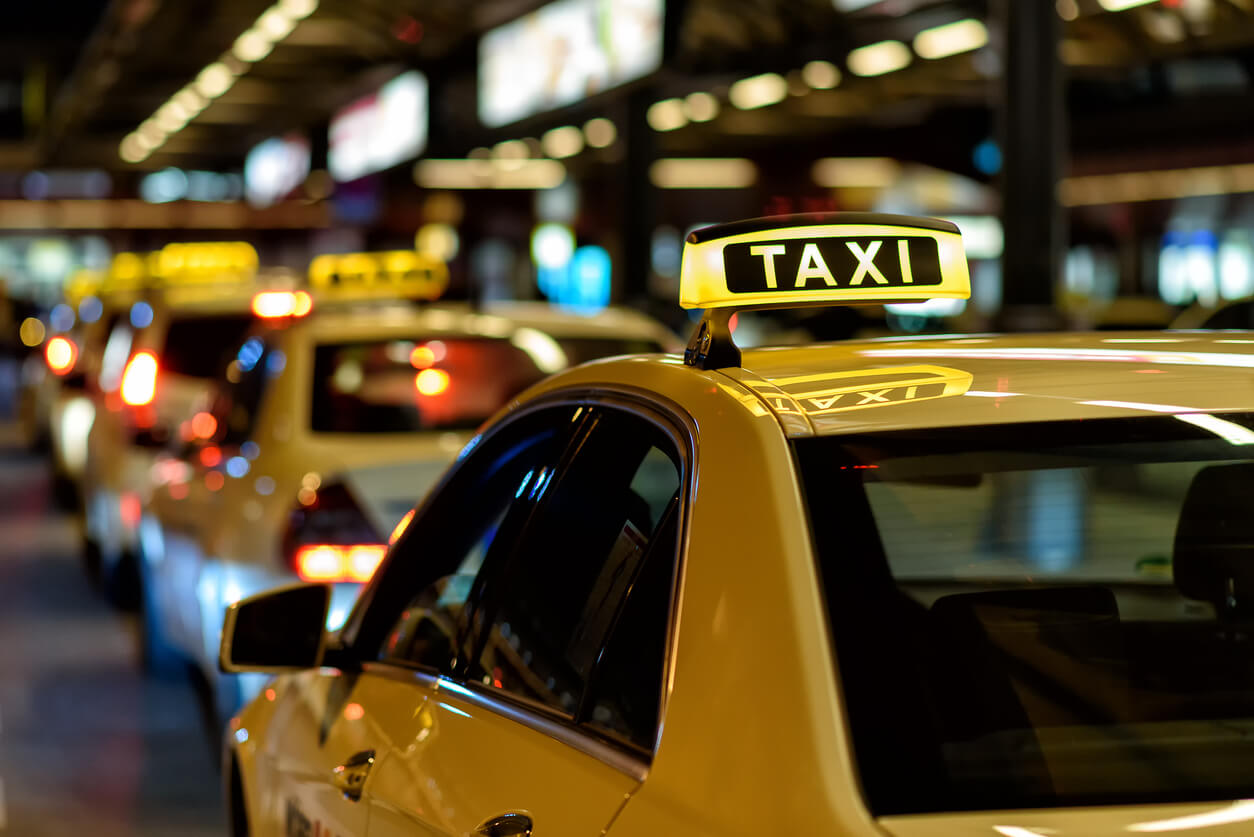Most employees are entitled to overtime pay when they work more than 40 hours a week. However, some employees, including taxi drivers, are exempted from overtime pay under federal and state law. However, some employers wrongly classify drivers as taxicab drivers to avoid paying them overtime.
If you are a taxi cab driver, it’s important that you understand your rights. You may be entitled to back pay for overtime, interest, and other damages. The New York employment attorneys at Lipsky Lowe LLP are prepared to review your case, answer your questions, and help you understand your legal rights.
Understanding Your Rights As a Taxicab Driver
If you are a taxicab driver in New York and you do not qualify for the overtime exemption, your employer is required to pay overtime pay. If you are a taxi cab driver in New York and you do not qualify for the exemption, your employer is required to pay overtime pay. Additionally, even if you qualify for the taxi cab exemption, you may still be entitled to overtime pay if you signed an employment agreement or contract that guarantees you overtime payments.
The Taxicab Exemption for Overtime Pay Under Federal Law
Generally, employees who work over 40 hours in a single workweek are entitled to receive 150% of their regular pay for any hours they work more than 40. Several groups of employees are exempt from federal and state overtime pay requirements.
Under the federal Fair Labor Standards Act (FLSA), “any driver employed by an employer engaged in the business of operating taxicabs” is not entitled to overtime pay. The FLSA does not define “taxicab,” but in a 2018 ruling, the Second Circuit held that a taxicab must meet the following three requirements:
- The vehicle is a chauffeured passenger vehicle
- The vehicle is available for hire by individual members of the general public and
- The vehicle has no fixed schedule, fixed route, or fixed drop-off location
The Taxicab Exemption for Overtime Pay Under State Law
New York’s overtime laws are similar to federal overtime laws. The New York State Minimum Wage Orders outline the state’s overtime requirements. These requirements are in addition to those imposed by federal law, including the FLSA. Under New York law, most employees are required to receive overtime pay at 150% of their regular pay rate for all hours worked over 40 in a single work week. Some occupations are exempt from federal overtime pay, but not under New York State law. Other occupations, such as taxi cab drivers, are exempt from overtime under federal law and the overtime pay provisions of New York State law. As a result, taxi cab drivers are not entitled to receive overtime pay according to federal and state law.
The Definition of a Taxicab Driver Under New York Law
New York’s Minimum Wage Order for Miscellaneous Industries and Occupations defines a taxicab driver as an individual employed to drive an automobile for hire on a zone or meter fare basis. To be considered a taxicab driver, the vehicle cannot be equipped to carry more than seven passengers.
The driver must be in the business of carrying or transporting passengers for hire. The purpose of transporting passengers for hire must be limited to a community’s local transportation needs. The driver cannot transport customers over fixed routes, between fixed terminals, or while under contract.
Have You Been Incorrectly Classified As a Taxicab Driver in New York?
Employers may wrongly classify drivers as taxicab drivers to avoid paying them overtime pay. For example, suppose you signed an unemployment contract with a hotel to pick up Hotel customers at the airport, transport them to the hotel, and then back to the airport on a fixed schedule. You would not be considered a taxi cab driver because you are transporting customers over fixed routes and between fixed terminals. To be considered a taxi cab driver, you cannot have a fixed schedule where you pick up certain customers at a specific location and time.
Additionally, if you transport customers outside of a local community, you will probably not be considered a taxi cab driver. Suppose you’ve been hired to transport customers from one city to another city two hours away. In that case, you will probably not be considered a taxi cab driver because your driving isn’t limited to a community’s local transportation.
Available Damages for Violation of New York’s Overtime Laws
The taxicab exemption is somewhat complicated. As a result, many employers violate the exemption. If you’ve been wrongly classified as an exempted employee and haven’t been paid overtime compensation, you have the right to pursue a civil claim against your employer. You only have a limited amount of time to pursue damages for unpaid overtime. If you pursue an overtime theft claim under New York law, you have six years to file the claim.
In many cases, combining state and federal claims at the same time in a federal court can help employees maximize their recovery amount. Under New York law, employees can collect 100% of their unpaid overtime as liquid damages. They may also be entitled to interest on their unpaid overtime wages, attorney fees, and costs.
Contact a Taxicab Overtime Exemption Attorney Today
Many drivers have been wrongly classified as taxi cab drivers in an attempt for employers to avoid paying them overtime. If you have questions about whether your employer has wrongly classified you as a taxi cab driver, Lipsky Lowe LLP is here to help.
Our employment attorneys have an in-depth understanding of the New York taxi cab exemption. We will use our experience and knowledge of relevant employment laws to help you understand your rights and fight for you. You may be entitled to significant damages if you have been wrongly classified as a taxi cab driver and not paid overtime. Don’t hesitate to contact Lipsky Lowe LLP to schedule a complimentary, no-obligation consultation.

